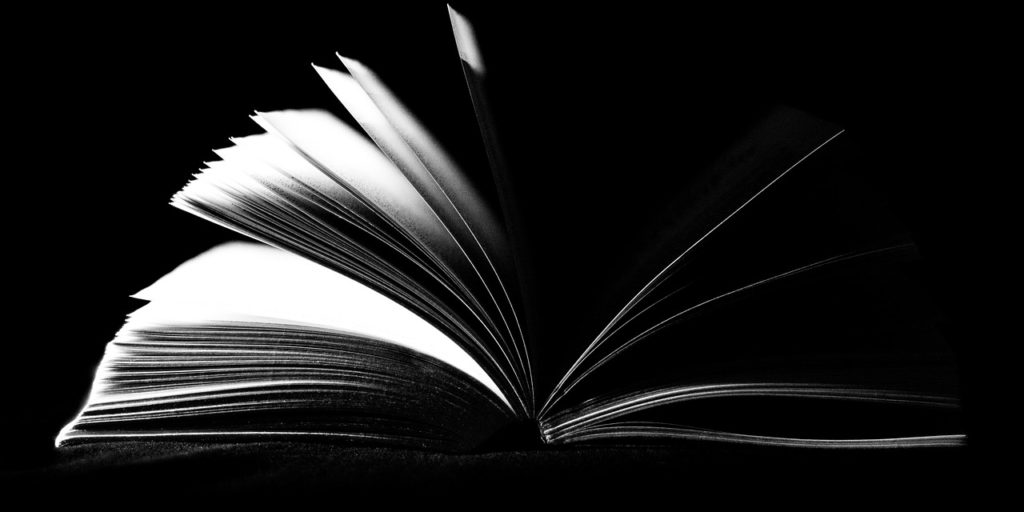- Trademarks Act not meant to protect Canadian sensibilities - April 25, 2024
- U.S. lawmakers tee up copyright protection for golf courses - March 6, 2024
- Remain vigilant over your licensees in trademark agreements - January 22, 2024
By Tony Poland, LegalMatters Staff • The Supreme Court of Canada (SCC) handed York University a big win last month, holding that it is not bound to pay royalties to Access Copyright under a collective licensing regime. But in its unanimous decision, the Court declined to even consider York’s request for a declaration that all copying of materials done in accordance with its copying guidelines constitutes fair dealing, says Toronto intellectual property lawyer John Simpson.
“It was unreasonable for York to expect they could come out of this with some judicial declaration from the Supreme Court,” says Simpson, principal of IP and new media law boutique Shift Law Professional Corporation. “The courts should not decide whether any use of copyrighted materials is fair dealing unless someone is actually being sued for infringing copyright in those materials, which was not the case here.”
Simpson explains that fair dealing is a defence to allegations of copyright infringement where the copying at issue is for certain purposes in certain circumstances, including educational purposes, satire, research and private study, and news reporting.
Issue was not properly before the court
“To constitute fair dealing, the copying must not only be for a prescribed purpose but it must also be ‘fair’ having regard to a number of fact-specific circumstances,” he tells LegalMattersCanada.ca. “The Supreme Court ruled that the issue of fair dealing was not properly before the court because it was too theoretical a question in this case.
“York University was not being sued for copyright infringement. They were being sued for not paying tariffs under a collective regime, which is a different issue. There was no opportunity for the Court to examine specific instances of allegedly infringing copying where it could properly determine whether that copying constituted fair dealing.”
- Devil is in the details in Nike’s ‘Satan Shoe’ trademark battle
- Tragically Hip lawsuit against brewer is a ‘run-of-the-mill’ case
- University scores a ‘pyrrhic victory’ in long-running copyright case
Simpson says that a significant takeaway from the decision is that “you cannot go to court asking for a declaration that making copies in accordance with certain guidelines will necessarily always be fair dealing.”
He adds that if the SCC had instead decided that issue, that could have opened the door for all sorts of organizations and institutions to say, ‘Let’s go to court and get a ruling that all the copying we do is fair dealing as a pre-emptive defence to any infringement lawsuits.’”
Simpson says a university copying textbooks for student use raises some interesting questions. “Instead of requiring students to buy hundreds of textbooks, a university can buy one of each and then copy sections to include in ‘course packs’ for their students. The question then becomes, who is using those materials for the purposes of deciding whether it is fair dealing? Should the Court consider the university’s use or the students? That is bound to affect the determination of whether it is ‘fair,’” he says.
Simpson says the lower courts ruled that it is the university’s purpose in making copies that should be considered in the determination.
Avoiding paying royalties to the owners
“The courts have said a university is making thousands of copies of these copyrighted works and they are avoiding paying royalties to the owners,” he says.
While declining to rule on whether copying done in accordance with York’s copying guidelines constituted fair dealing, the Supreme Court did say that this aspect of the lower courts’ decisions “warrants comment.”
Justice Rosalie Abella, writing for the Court in her final decision on the bench, found some “significant jurisprudential problems” in the lower courts’ analysis.
“She said you should not just consider the institutional nature of the dealing to determine whether it is unfair. Instead, you should also consider the purposes of the students,” Simpson says. “She said the ultimate use should be considered and, in this case, the ultimate use of the work is by the students not the institution.”
He says that while these comments do not have the force of binding law since the Court refused to decide the fair dealing issue here, they will be carefully considered by copyright lawyers and courts in future cases.
“Whenever the Supreme Court says anything about copyright, people listen,” Simpson says.

